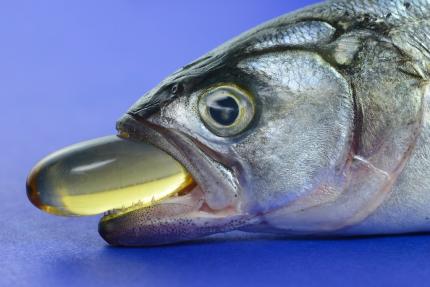The Doctor's Corner


Fish Oil & Bodybuilding
QUESTION: How many grams of fish oil should bodybuilders consumer each day?
ANSWER: The word "should" implies "optimal" to me and thus my answer specifically would be, no one knows the answer to that question. Absolute levels of omega 3 fatty acids directly from terrestrial and marine food sources, in addition to secondary concentrated sources contained in the edible components of prey, varied widely (as did every other detail of typical subsistence patterns) as a function of latitude of the resident population under study. Hence there simply is no one "typical" (and therefore "optimal") ancestral intake of these fat sources. There is an additional consideration of some importance, and that relates to the dislocation of the typical ratio of n6 to n3 fatty acid intake, from a range of 1:1-2:1 retrodicted to have existed during the emergence of our species, and the current ratios of 10:1-20:1 in contemporary Western cultures. The cause for concern and impetus to increase omega 3 intake levels pivots from the observation that these fatty acids are believed to mitigate pro-inflammatory processes that underwrite the molecular intersection between cellular indices of inflammation and subsequent chronic disease states like atherosclerosis, cancer and manifestations of Metabolic Syndrome. So a robust literature has appeared that has taken a look at both primary and secondary preventative effects of different supplemental intake levels of omega 3 fatty acids (i.e. amounts over and above usual and customary intake from the consumption of a typical varietal western diet) with respect to overt biomarkers of these types of pathologies.
Fish Oil Prescription
I believe that literature would currently (with the possibility of future revisions) support the recommendation for a daily supplement intake of 2 grams of omega 3, in a roughly 50:50 ratio of EPA/DHA together with a reduction in n6 fatty acids and trans fats to access these benefits. Similar levels (1-2 grams) have been advocated for physically active individuals. These data obviously do not address the impact of an aggressive shift in the consumption of omega 3 enriched whole foods as a primary intervention but it is interesting to note that one recent 3 month pilot trial of a simulated "Paleolithic diet" which used only whole food substitutions, resulted in a average 24 intake of only 3.4 gm (ALA+EPA+DHA) per day, yet produced impressive improvements in several biomarkers for chronic disease risk. Many health conscious consumers would likely embrace both strategies.

